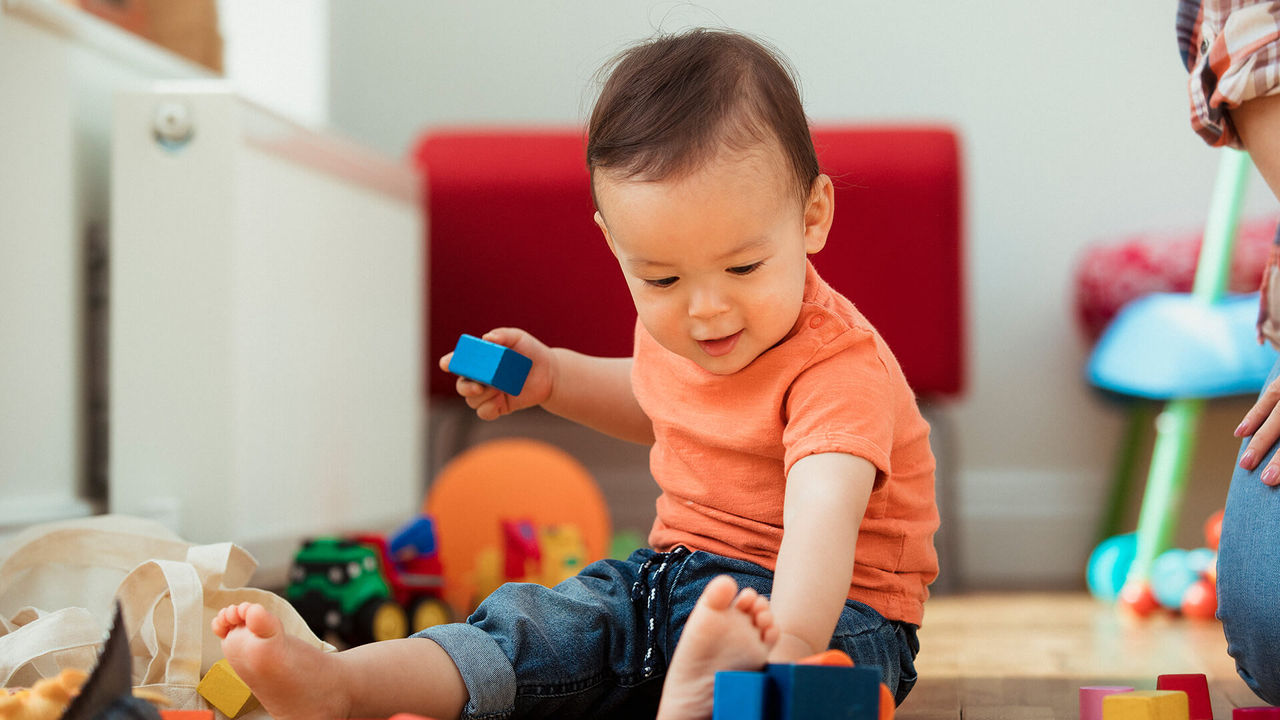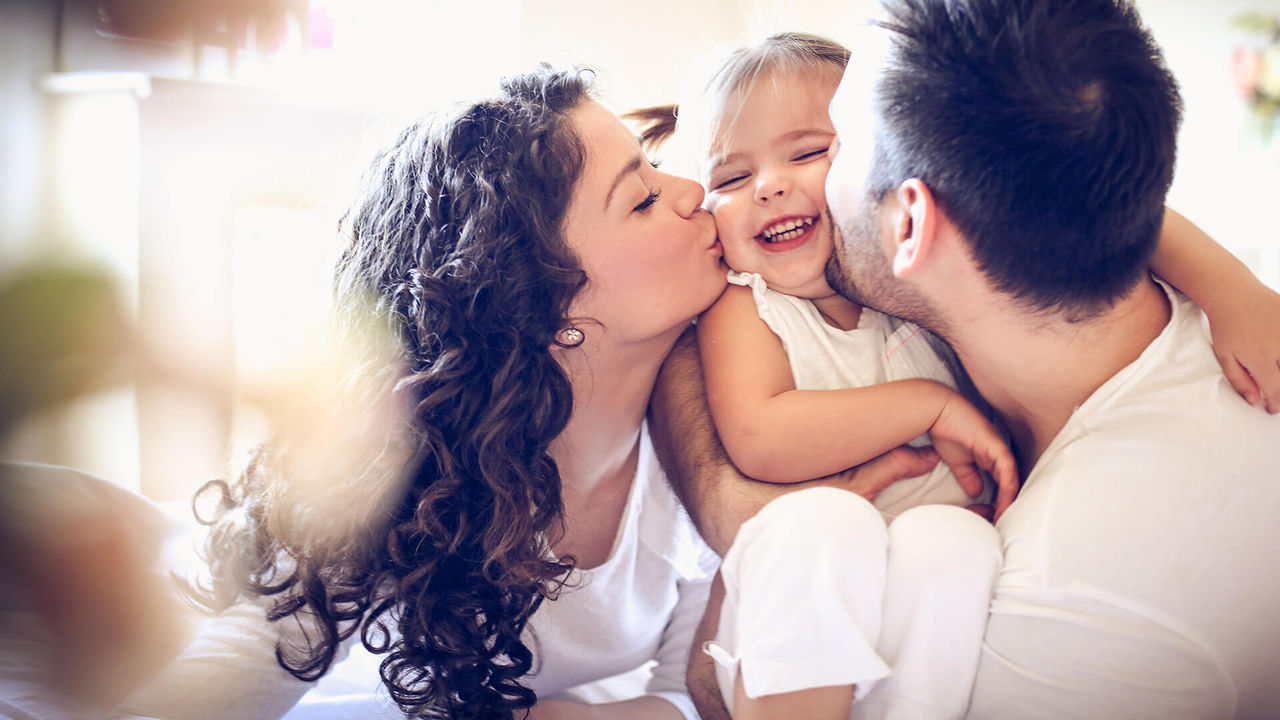We would like to share the truth about common myths about Coronavirus, as prepared by the World Health Organisation. We have also prepared information on the WHO’s recommendations on how to protect your family from risk of spreading the virus.
Myth: Coronavirus doesn’t exist in hot and humid climates
Fact: unfortunately, from the evidence so far, Coronavirus can be transmitted everywhere, including places with hot and humid weather. That’s why it’s important to follow the WHO’s tips to protect yourself and your baby from Coronavirus wherever you live or might be travelling to.
Myth: cold weather eliminates Coronavirus
Fact: the human body, where the virus thrives, has an average temperature around 36.5°C to 37°C, regardless of the external temperature or weather. So cold weather does not eliminate Coronavirus. To better protect your baby and yourself, visit the WHO’s tips available on our website.
Myth: giving my child a hot bath will help prevent infection with Coronavirus
Fact: giving a hot bath to your little one will not prevent them from catching the virus. Their body temperature stays at 36.5°C to 37°C, regardless of the temperature of the bath or shower. Also be careful when giving a hot bath, because very hot water is harmful to your child. The best way to protect your child and yourself is to follow the 7 tips from the WHO.
Myth: Coronavirus can be transmitted from mosquito bites
Fact: there has been no evidence to date to suggest that Coronavirus can be transmitted by mosquitoes. Coronavirus is a respiratory virus which spreads primarily through droplets generated when an infected person coughs or sneezes, or through droplets of saliva or discharge from the nose. To better protect your baby and yourself, visit the 7 tips from the WHO.
Myth: thermal scanners can detect infants infected with Coronavirus
Fact: thermal scanners are useful for a fever in a child (i.e. they have a temperature) possibly due to infection with Coronavirus or due to other reasons. However, they cannot detect children who are infected but don’t have feverish symptoms. This is because children sometimes won’t show feverish symptoms at all, or because it takes between 2-10 days for people infected with Coronavirus to develop into a fever with high temperatures.
Myth: rinsing my child’s nose with saline solution help prevents Coronavirus infection
Fact: there is no evidence that regularly rinsing with saline solution protects your tot from respiratory infections such as Coronavirus. Yet, regularly rinsing their nose with saline solution can help them recover from a common cold.
Myth: Coronavirus doesn’t affect young people
Fact: people of all ages can be infected with Coronavirus. Older people, and people with pre-existing medical conditions (such as asthma, diabetes, heart disease) appear to be more vulnerable to becoming severely ill from the virus. The WHO advises people of all ages to take steps to protect themselves from the virus. To find out more, click here.
Myth: antibiotics prevent and treat Coronavirus
Fact: antibiotics do not work against viruses. Therefore, antibiotics should not be used as a means of prevention or treatment for a Coronavirus infection. However, in the case of hospitalisation, a patient may receive antibiotics because of bacterial co-infection.
Myth: there are already medications that prevent or treat a Coronavirus infection
Fact: unfortunately to date there is no specific medicine to prevent or treat Coronavirus. The WHO is currently working with institutions around world to accelerate research and development a vaccine and treatment as soon as possible. The best way to fight the virus is with our own antibodies and those infected with the virus should receive immediate care to relieve the symptoms.
Myth: pneumonia vaccines can protect you against the Coronavirus
Fact: vaccines against pneumonia, such as pneumococcal vaccine and Haemophilus influenza type B (Hib) vaccine, do not provide protection against Coronavirus. The virus is so new and different that it needs its own vaccine. Researchers are trying to develop a vaccine against Coronavirus, and the WHO supports their efforts.Although these vaccines are not effective against Coronavirus, vaccination against respiratory illnesses is highly recommended to protect you and your little one’s health.
Myth: hand dryers eliminate Coronavirus
Fact: hand dryers are completely ineffective at eliminating Coronavirus. To protect yourself and your child against Coronavirus, you should follow the tips from the WHO.
Myth: ultraviolet (UV) disinfection lamps kill Coronavirus
Fact: UV lamps should not be used to sterilise your child’s hands or other areas of skin as UV radiation can cause skin irritation.
Myth: spraying alcohol or chlorine all over your body kills Coronavirus
Fact: it is very dangerous to spray alcohol or chlorine all over your child’s body as it can be harmful to the skin. Also, it won’t kill the viruses that have already entered the body. Be aware that while alcohol and chlorine can be useful to disinfect surfaces, they need to be used appropriately.
Myth: eating garlic can help prevent infection with Coronavirus
Fact: garlic is a healthy food that may have some antimicrobial properties. However, there is no evidence from the current outbreak that eating garlic has ever protected people from Coronavirus, adults and infants alike.Stay informed and follow medical advice! It’s very important for you to be aware of the latest information on the Coronavirus outbreak, available on the World Health Organisation (WHO) website and through the Commonwealth Department of Health. Please check them on a regular basis. Always seek advice from trustworthy, reliable sources for you and your baby. This information is not intended to be a substitute for professional medical advice. Always seek the advice of a healthcare professional if you have any questions or concerns.




